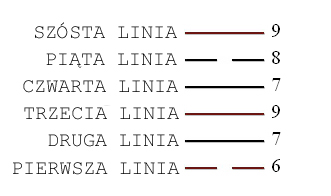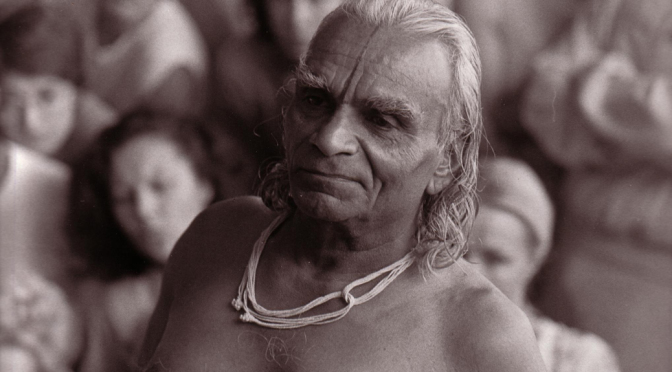The division of philosophy into a practical philosophy and a theoretical discipline has its origin in Aristotle’s moral philosophy and natural philosophy categories. In Sweden and Finland courses in theoretical and practical philosophy are taught separately, and are separate degrees. Other countries may use a similar scheme—some Scottish universities, for example, divide philosophy into logic, metaphysics, and ethics—but in most universities around the world philosophy is taught as a single subject. There is also a unified philosophy subject in some Swedish universities, such as Södertörns Högskola.
Practical Philosophy is also the use of philosophy and philosophical techniques in everyday life. This can take a number of forms including reflective practice, personal philosophical thinking and philosophical counselling.
…science, which emerged from philosophy, deals with material realities, arts with the various styles of expressions while philosophy deals with our experience of reality by essentially different methods.
Examples of practical philosophy subjects are:
– Aesthetics
– Decision theory
– Ethics
– Political philosophy
– Rhetoric (more – wiki)
Philosophical counseling, also sometimes called philosophical practice, is a contemporary movement in practical philosophy. Developing since the 1980s, practitioners of philosophical counseling ordinarily have a doctorate or minimally a master’s degree in philosophy and offer their philosophical counseling or consultation services to clients who look for a philosophical understanding of their lives, social problems, or even mental problems. In the last case philosophical counseling might be in lieu of, or in conjunction with, traditional psychotherapy. The movement has often been said to be rooted in the Socratic tradition, which viewed philosophy as a search for the Good and the good life. A life without ethics was not worthwhile living for Socrates. (more – wiki)
Reflective practice is the capacity to reflect on action so as to engage in a process of continuous learning. According to one definition it involves „paying critical attention to the practical values and theories which inform everyday actions, by examining practice reflectively and reflexively. This leads to developmental insight”. A key rationale for reflective practice is that experience alone does not necessarily lead to learning; deliberate reflection on experience is essential.
Reflective practice can be an important tool in practice-based professional learning settings where people learn from their own professional experiences, rather than from formal learning or knowledge transfer. It may be the most important source of personal professional development and improvement. It is also an important way to bring together theory and practice; through reflection a person is able to see and label forms of thought and theory within the context of his or her work. A person who reflects throughout his or her practice is not just looking back on past actions and events, but is taking a conscious look at emotions, experiences, actions, and responses, and using that information to add to his or her existing knowledge base and reach a higher level of understanding. (more – wiki)



